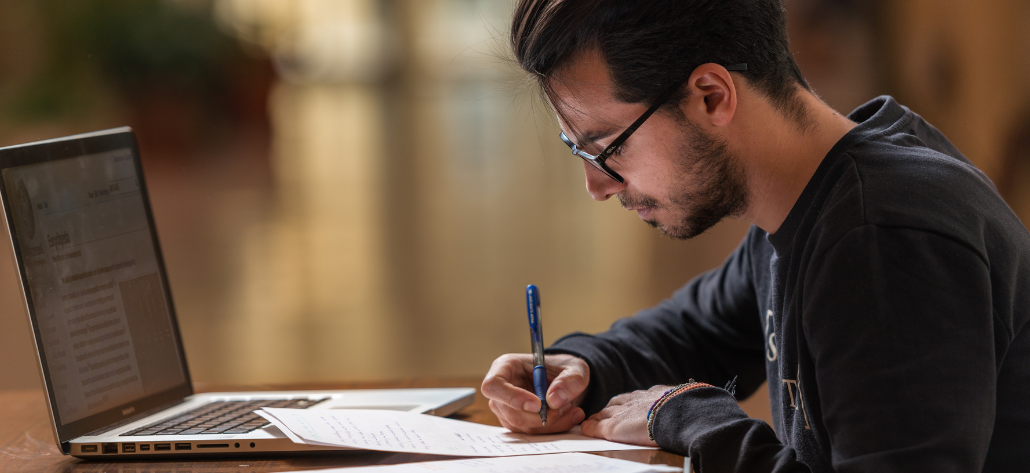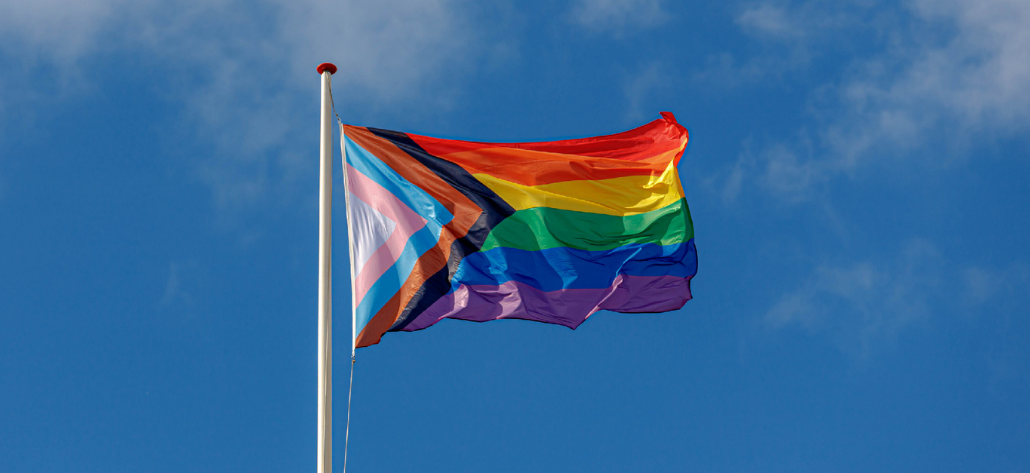The Law Preview Lawyer Roundtable Series gives you a look into the minds of diverse lawyers from across the country. Get advice on everything from your 1L year to how to leverage a mentorship opportunity in law school, and throughout your legal career.
In celebration of Black History Month, we’re highlighting seven accomplished African American lawyers in this month’s edition of the Law Preview Lawyer Roundtable Series. Check out the interview below!

Antonio L. Ingram II
Law Clerk, United States Court of Appeals for the Fourth Circuit
Attended the University of California, Berkeley School of Law
Law Preview Alumni
About Antonio
Antonio L. Ingram II is currently a federal judicial law clerk for Chief Judge Roger L. Gregory of the Fourth Circuit Court of Appeals. Before this, Antonio served as a Fulbright Public Policy Fellow in Malawi where he worked at the Anti-Corruption Bureau as a special assistant to a high-ranking government official and as a judicial law clerk to Senior United States District Judge Ivan L. R. Lemelle at the Eastern District of Louisiana. Antonio began his legal career at the San Francisco office of Morrison & Foerster as a litigation associate. Antonio is originally from South Los Angeles and is a graduate of Yale College and the University of California, Berkeley School of Law.
Knowing what you know now about the legal profession, what advice would you give to students (particularly young men and women of color) who are about to begin their 1L year?
I would want to encourage young men and women of color who are about to begin 1L year to recognize that their voices and their experiences matter. I would remind them that through our inclusion into spaces of power and influence we can re-write narratives about our communities and challenge policies of marginalization. The inequality that we see around us is not organic or a mere coincidence. It is the result of voices of power shaping laws and policies without seeking the counsel or advice of women and people of color. I would encourage first-year law students to remember that at the end of their education they will likely be in a position to gain a seat at the table, whether it be in a law firm boardroom, a courthouse bench, or a classroom lectern, where they can lend their voices and their experiences into crafting more equitable and inclusive futures. I would not lie to them; law school will be difficult. But I would encourage them to remember one of my favorite phrases: “I am my ancestors’ wildest dreams.” If our enslaved and colonized foremothers and forefathers only knew that their descendants would have the opportunity to study law, they would beam with pride and optimism. When law school gets tough, remember the privilege that our generation has been given and the power to effect change that rests on our voices and fingertips.
In what is clearly a very impressive legal career to date, list one job, a specific project or a case you that you are most proud of, and describe why. If you can’t pick just one, it’s okay to list a few!
I am most proud of the work that I have done with the federal judiciary through my clerkships. I have worked for awesome judges who both exemplify what it looks like to have a commitment to public service. I have worked with two judges in order to help ensure that everyone who seeks the intervention of the federal court system receives fair and equal treatment before our laws.
Giving back is important. Provide one organization (legal or otherwise) you have volunteered with and what made that experience so meaningful to you.
While working at Morrison & Foerster I partnered with a housing rights non-profit that helped individuals who were in eviction proceedings. I was able to help multiple families avoid being evicted from their homes in the bay area. I found this experience very meaningful in that we literally helped individuals avoid homelessness. It was humbling to see the power of legal advocacy and its ability to prevent people from falling into perilous predicaments.
We all need to ask for help at some point. Did you ever ask someone to mentor or sponsor you as a law student or early-stage attorney (or have you served as a mentor)? If so, given your experience, what is your best advice for leveraging that type of relationship?
I have been blessed to have multiple great mentors in my life. In order to fully take advantage of the wisdom and advice from my mentors I have learned that it is imperative that I update them periodically with developments in my personal and professional life and seek their counsel before I make big decisions. Many of my mentors are very busy legal professionals so the onus is on me to follow up with them and to ensure that I get the most out of these valuable relationships.


